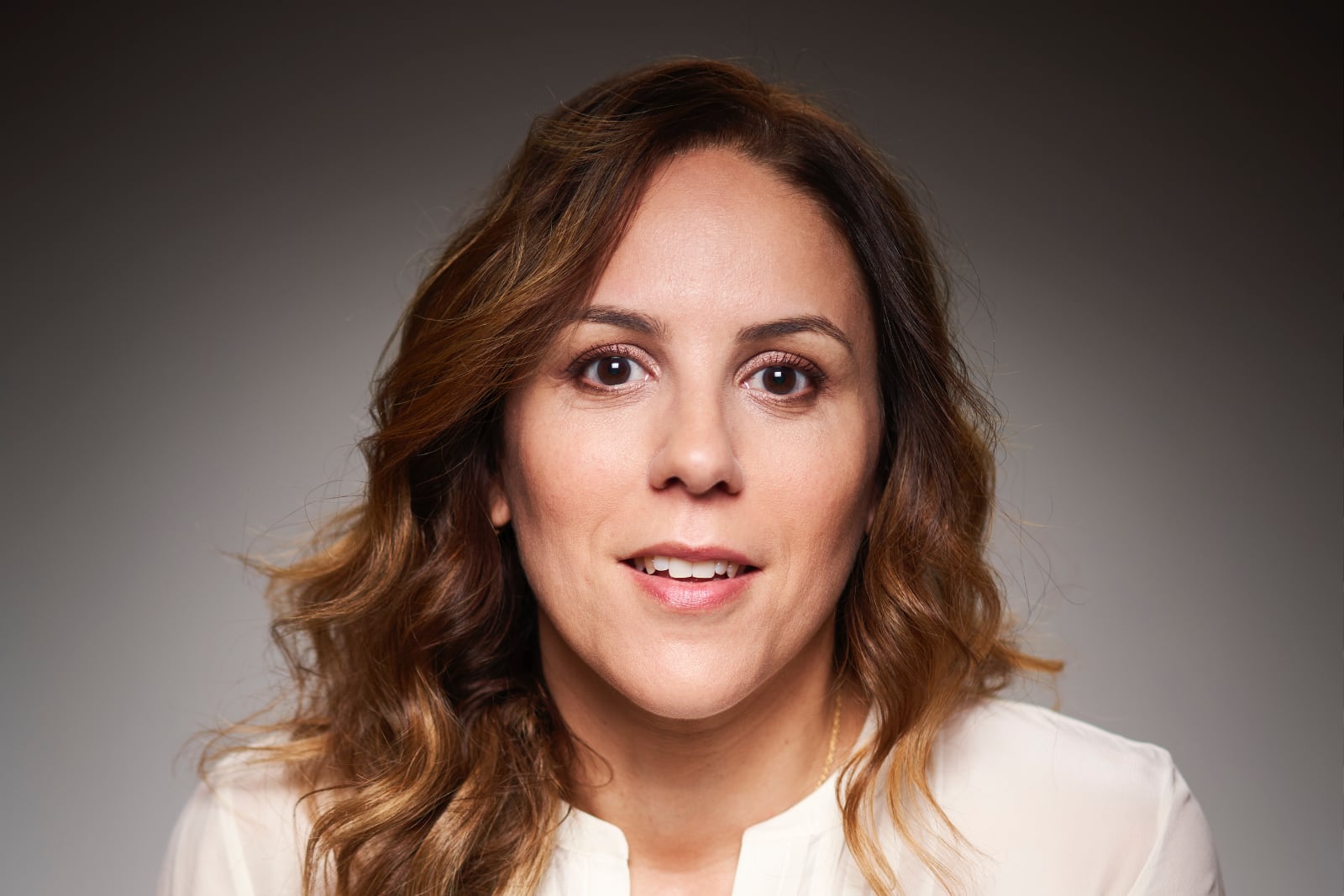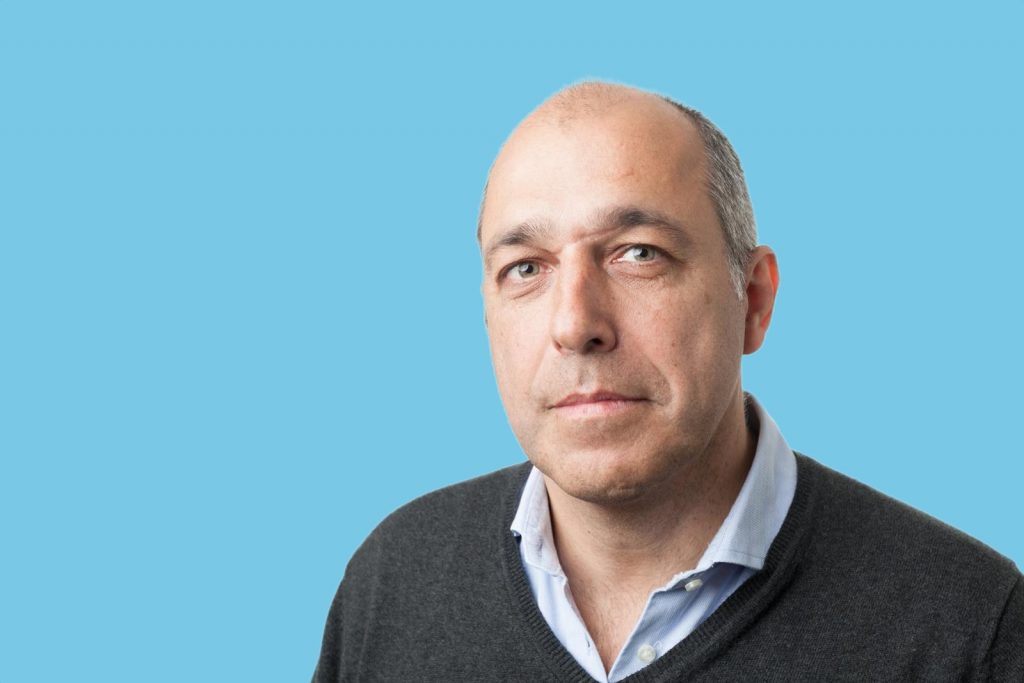In the month of RoomsCo’s 8th anniversary, we interviewed CEO Daniela Espinheira, who shows how her career led her to the creation of the company. She talks about the challenges faced over the last 8 years and reflects on the current state of corporate travel. Always with determination, the CEO of RoomsCo shows the biggest lessons she learned as an entrepreneur.
1. Before creating RoomsCo, Daniela worked for several companies. When did you decide to go and work for a company in South Africa?
It was an opportunity that came up via LinkedIn in late 2010. At that time, in terms of career, either I left the country, but continued working for the same company since it was a multinational, or else I moved to another company, ideally outside of Portugal. The invitation came during this period and shortly afterwards I decided to accept it and went to South Africa.
2. LinkedIn turned out to be essential in such journey. What is your opinion about the relevance of this social network today?
Back in 2010, LinkedIn did not have as much spam as it does now, but I still think it is an important tool. As such, I think it should be used so that we can show our career path, what we have done so far, what we have achieved in terms of results in each position we hold, etc. In one of the conversations I had later with the CEO of the company I ended up working for in South Africa, I realized that I had been one of the options for Operations Manager because I had a very complete LinkedIn profile, which allowed him to have a broader view of what I did and to realize that it was, indeed, what he was looking for at that moment.
3. When did you decide to create RoomsCo? What led you to this decision?
In the company in South Africa we have completely restructured the firm and, at the same time, created a new and entirely independent brand from the existing one. We successfully exported this brand to other markets. Those were very intense years where I learned a lot, and so I am very grateful for the invitation I received to go. When we step out of our comfort zone we are faced with situations that we are forced to react to, and we realize that after all it is not as difficult as when we pictured it in our minds.
The decision to create RoomsCo was taken at the time when I considered the necessary conditions were met to start my own business. The project I had in my hands was a completely B2B focused project whereas most of my career path had been predominantly B2C. After considering other personal elements, the decision was then to return to Europe.
When we created RoomsCo we did it initially in partnership with an Irish company that supported us with the technological part while we explored the Portuguese and Spanish speaking markets (in terms of clients) exclusively. So it seemed reasonable that being Portuguese and having been abroad for the last couple of years, the company would stay in Portugal, and could later expand to other countries.
4. RoomsCo is already 8 years old. In 2013, when it was launched, there was a financial crisis in Portugal. Why did you decide to open it when most entrepreneurs were looking for opportunities abroad?
The financial crisis made companies start to open their horizons, exploring other markets, particularly overseas, because the national demand was not enough. Unfortunately, some companies closed down due to the economic situation, but those that remained active had to adapt to the new reality, and many of them ended up choosing to specialize in something they were really good at. When I decided to open RoomsCo in Portugal, I was thinking about the national companies — the ones that need to travel in order to expand their business and, consequently, need accommodation to host their employees, but have no travel management policy. What I quickly noticed at the time was that many of them were using booking methods that, mainly, were not giving them the best rate available nor were they the most efficient ones. By implementing such a measure, and as long as it is well managed, they could surely save a lot of money annually.
5. What big difference do you see in the business from its creation to the current moment? What are the biggest challenges you have faced over these 8 years?
In terms of market, the big difference I feel is that in the beginning, when we visited companies and analyze their hosting needs, most of them had no idea about the savings. Firms have not yet considered that implementing a travel management policy could help them reduce costs, optimize resources, and thereby improve their performance. Most of them booked hotels directly via email or online — on the hotel’s website — without checking to see whether the rate they were booking would be the most convenient one.
Let us face it: business travel is necessary; it is a fact. However, it is also known it is pointless if the entrepreneur does not get the desired return or, on the other hand, proves the trips were not an investment but an expense.
Despite its relevance, business travel has to follow certain rules in order to be effectively productive. Therefore, it is essential that companies have a well-defined business travel policy that is suitable to their reality, so that they do not compromise any department of the corporation or even the performance of their activity. For each trip it is necessary to draw up a properly adjusted travel plan.
The biggest challenge was to position ourselves in the market as a fully corporate-oriented company, ensuring our customers the most competitive rates, creating very significant savings dynamics. In this way, we not only help companies to get access to the best rates on the market, but we also ensure that the entire trip, in terms of accommodation, follows a plan. By doing this, we ultimately ensure higher productivity rates, as employees do not need to worry about the details of their accommodation.
6. How important is business travel in the corporate sector?
The world is getting more and more global (we have heard this hundreds of times!). In the last decade, several European countries have invested in this sector. Although 2020 was a horrible year for business travel, with declines of up to 90%, companies continue to value face-to-face meetings to grow their business.
All the technology available is not enough to replace face-to-face meetings, which are still an asset for companies, for the development of their business, and for their employees; and as we all know, there are industries where companies can only work on site, there is no way to do it online.
7. For a corporate client, what is the difference between staying in a hotel or in a house?
Essentially the type of accommodation booked depends on the request specifications, namely the number of people the company wants to accommodate and how long the stay will last. Normally for longer stays and with a larger number of people they ask for houses or apartments; if they are short stays and with 2 or 3 people, they ask for hotels. Generally it goes like this; however each company has its own peculiarities.
8. As a business that operates in the travel industry, how did you experience the Covid-19 pandemic? What strategies have you implemented to overcome the crisis?
All I can tell you is that a large part of our clients come from sectors considered essential for keeping the minimum supply and, in this sense, they continue to seek our services. Of course, there were a number of customers who were not able to travel during this period. With the decrease in orders due to this forced lockdown, we took the opportunity to deal with projects that were on hold, but had not yet been put into practice due to lack of time. These projects are more related to the company’s image (social media, website, blog). After the first lockdown, requests from companies that had stopped traveling gradually returned to routine, and with the second lockdown we did not feel much impact overall.
9. In eight years, you have experienced some good times and some harder ones. What is the biggest lesson you have learned as an entrepreneur?
I have learned several and I think I still have many more to learn. However, I share some here:
– As long as customers realize why we do what we do, rather than what we do, they will continue to be our customers.
– I would much rather hire a motivated person and teach him/her how to do things than a person with many skills and no motivation at all.
– No matter where you are in your company, always act as a role model.
– If we focus on ourselves and always try to improve, whatever comes next is always a copy, it is always one step behind.
– The goal is not to reach everyone, but to reach those who believe what we believe.
– No customer will trust us if our team does not trust the company they are in.
– We are nothing all alone.
And I could stay here until 2029 listing some more…
10. Can we expect news for 2022?
Of course!



